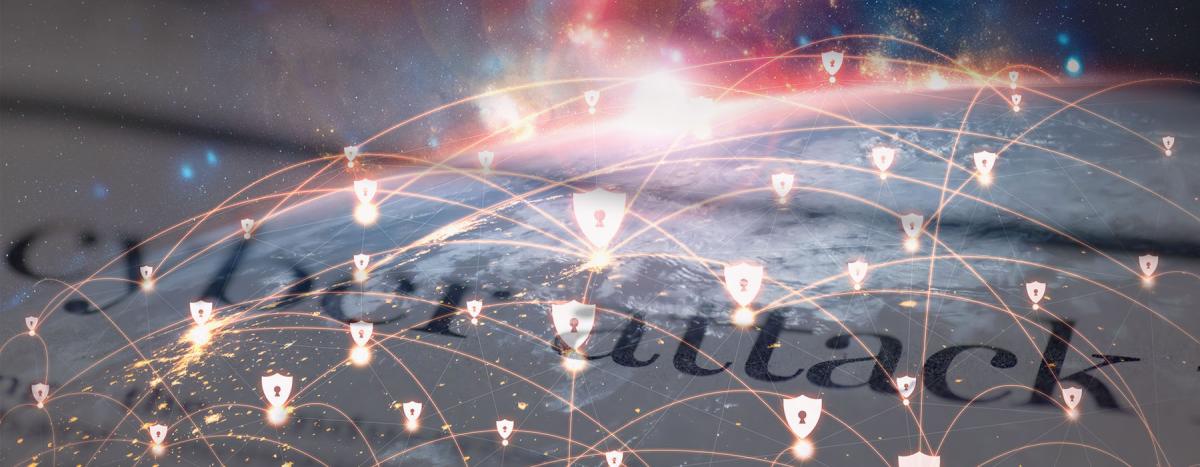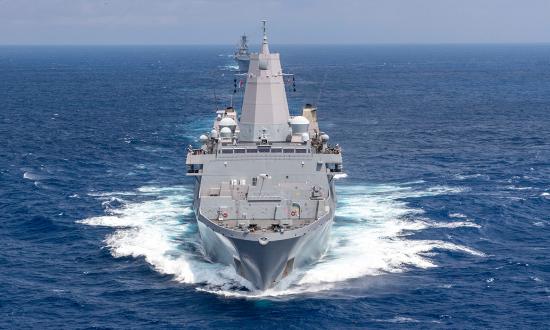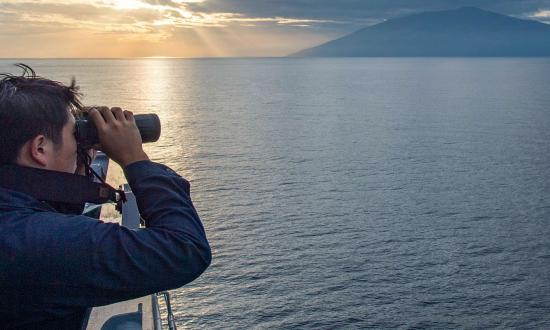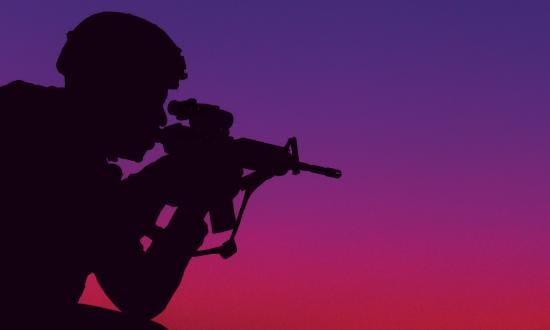We have all come to understand that every month is cyber month. Unless you live off the grid, it is hard to avoid news about information warfare, cryptocurrency, online safety, and cyber vulnerabilities. As the magazine went to the printers, Russia had not physically invaded Ukraine, but a cyberattack looked like a possible precursor to invasion. This issue features the winners of the 2021 Information Warfare Essay Contest, sponsored by Booz Allen Hamilton.
The winners of the essay contest are Commander Edgar Jatho, U.S. Navy, and Joshua Kroll. Their “Artificial Intelligence: Too Fragile to Fight?” explores the inherent limitations within AI and argues for human-machine teaming that pairs the right tasks with each side of that team. Navy Lieutenant Commander Dusty McKinney took second prize with “Navy Cyber Needs a Refit” in which he compares and contrasts Navy, Air Force, and Army cyber incentive pays and career opportunities. Coast Guard Lieutenant Rachel Ault won third prize with “The Coast Guard Needs Stronger Policy to Prevent Maritime Cyber Attacks.” The winners will be recognized at WEST this month in San Diego. I look forward to meeting them in person.
This month’s American Sea Power Project article is “A Maritime Strategy to Deal with China” by Thomas G. Mahnken. This article completes Phase I of the project (the “ends” of strategy). In April, we will have a wrap-up of Phase I, and then we will turn to the application of sea power in the face of Chinese and Russian behavior that is increasingly assertive, expansionist, revisionist, and maritime. Shifting from “ends” to “ways” and “means,” the number of topics will grow, but we will not be dedicating additional space in the print magazine—still one article per month. We will, however, be adding online-only content associated with the project each month, and we will appeal for articles on specific topics from anyone who wants to write. So, pay close attention each month to see the upcoming topics.
Our first Phase II article will be a deeper dive into the myriad aspects of American sea power that support U.S. grand strategy. This will tee up the subsequent article, examining alternatives for maritime posture in the face of the building great power competition.
Two articles that go hand-in-hand with Tom Mahnken’s article and the information warfare theme are: “Stop China from Winning without Fighting” by Commander Erika Gehlen, U.S. Navy, and “The Information Environment Is Primed for Maneuver Warfare” by Major Brian Kerg and Lieutenant Colonel Gary Lehmann. The more I try to wrap my head around information warfare, the more convinced I am that the U.S. military needs to adapt quickly in this realm. Think. Read. Write. Test. Experiment. Wargame. Fail. Succeed. Learn. There can be no slow-churning bureaucracy here.
Proceedings frequently publishes Professional Notes on how to drive specific classes of ships—these are some of my favorite articles. But this month is the first time we offer advice on “How to Decommission a Warship.” Not the happiest topic perhaps, but decommissioning ships is part of the Navy’s lifecycle, and many sailors will serve on ships whose time has come. Commander Shawn Callihan provides excellent advice for crews tasked with bringing a ship’s service to an end.
Finally, please join us at WEST 2022 at the San Diego Convention Center, 16–18 February, and sign-up for the Naval Institute Member Event on the evening of the 17th. For more information, visit www.usni.org/events. We hope to see you there!







